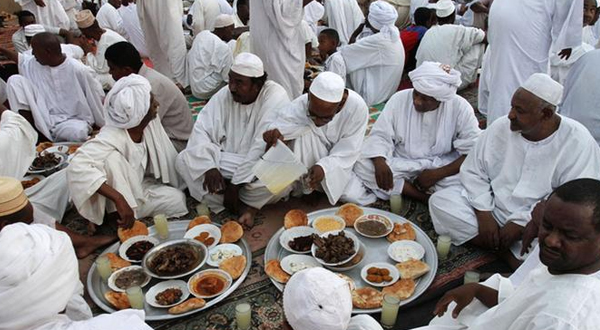ISLAMABAD: Justice Asif Saeed Khosa, who will take charge as the chief justice of Pakistan on Friday, said the Supreme Court will only use its authority to take suo motu action as a last resort.
Speaking at a full court reference held in honour of the outgoing chief justice Mian Saqib Nisar earlier today, Justice Khosa said suo motu notices during his tenure will only be taken where no other solution is in sight.
“The authority to take suo motu action will only be used sparingly and for significant national matters,” he said, adding that the court would set up parameters for suo motu powers.
Army and intelligence agencies should not interfere in civilian matters, the judge said.
“The trial of a civilian in a military court is considered wrong across the world. It is said that military courts issue verdicts in less time,” Justice Khosa said.
He vowed to ensure speedy delivery of justice during his upcoming tenure, and said that the latest technology would be used to prevent unnecessary delays.
Referring to Justice Nisar’s efforts to raise donations to build the Diamer-Bhasha dams, Justice Khosa said that he too “will build a dam against fake cases, pending cases.”
“Currently there are 1.9 million cases pending in courts. 3,000 judges cannot dispense of so many cases,” he noted.
“I want to build a dam against false witnesses as well,” he remarked, adding that he also wanted to “pay off the country’s loans, the loans of cases that have been pending for years.”
“High courts should exercise powers within their jurisdiction,” he said.
The incoming chief justice emphasised that all institutions need to work together for the progress of the country, and that there was a need for conversation on whether any institution was interfering in another institution’s work.
Civilian supremacy and accountability are indispensable for strengthening democracy, he observed.
“Let’s talk about how to make civilian supremacy a certainty, let’s talk about how to ensure civilian accountability without compromising on democracy,” he invited.
Running the state’s affairs is a serious responsibility, the judge remarked.
He further said there was need for a debate on the charter of governance under the tutelage of the president of the country.





